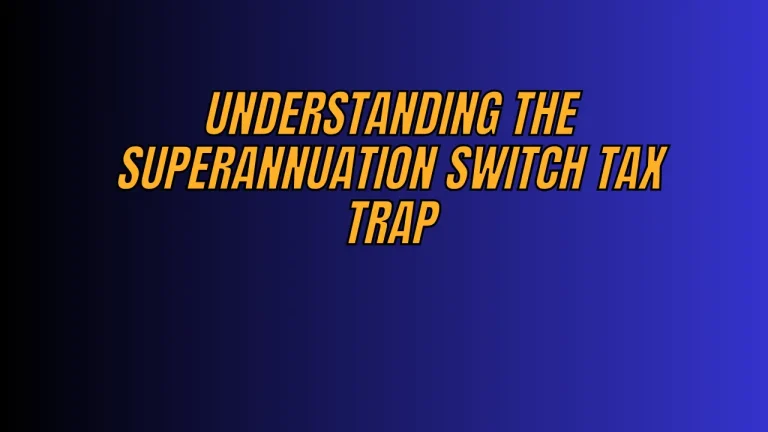For two decades, SEO ruled the internet. Entire industries were built around climbing the Google ladder—keywords, backlinks, domain authority, and the arcane rituals of search optimization. But now something new is creeping into the game: AEO, or Answer Engine Optimization.
If SEO was about courting the algorithm to send users to your page, AEO is about convincing AI to answer questions with your content—directly, often without the user ever clicking through. In other words, it’s not about traffic anymore; it’s about visibility in a world where the “answer” is delivered in the search box itself.
The Google Zero Problem
Publishers are already feeling the squeeze. Type a query into Google today—anything from “best AI tools for startups” to “how to boil an egg”—and you’re likely to see an “AI Overview” summarizing the web’s collective knowledge before you even scroll down.
That’s what some are calling “Google Zero”: zero clicks for the websites that fed the answer. It’s brutal for ad-driven publishers, devastating for niche bloggers, and a shot across the bow for SEO agencies that have built empires on link juice and meta tags.
AEO, at least in theory, is the counterpunch. Instead of optimizing for rankings, you optimize for answers. Structure your content so AI can parse it, quote it, and surface it in those shiny new summaries.
What Makes AEO Different
At first glance, AEO looks like SEO with a facelift. Headers still matter. Keywords still help. But the game has changed under the hood.
AI-driven search engines don’t just rank pages; they synthesize them. They’re pulling from multiple sources, blending snippets into one response. That means your content needs to be machine-readable but also authoritative enough that an AI model decides you’re worth citing.
Lists, FAQs, schema markup, and concise explanations suddenly have new weight. Rambling filler? Death sentence. The AI doesn’t care about your word count—it cares about clarity and context.
Winners, Losers, and the Gray Middle
So who wins? Right now, it looks like the platforms themselves. Google gets to keep users on its page longer. Microsoft, with its AI-powered Bing, is carving a niche by positioning itself as friendlier to direct answers. Chatbots like ChatGPT and Perplexity are happily stepping into the mix, offering clean, ad-free summaries that feel more conversational than search ever did.
For publishers, it’s complicated. The big brands with authority—think Forbes, NYT, and TechCrunch—are more likely to be cited. Smaller players risk being reduced to invisible scaffolding, their work mined but never credited. Some are already adapting by treating AEO as a branding play: if your name shows up in AI answers often enough, maybe clicks matter less than mindshare.
The Human Factor
The irony? Users don’t seem to mind. Surveys suggest people like the AI summaries. They’re fast, they cut through noise, and they save clicks. It’s the classic internet trade-off: convenience for consumers, chaos for creators.
But beneath that convenience is a cultural shift. For years, search was about discovery—you landed on someone’s page, maybe found a voice you liked, maybe wandered deeper into their site. AEO flattens that into a single exchange. One question, one answer, little context.
That raises its own risks: if models pick poor sources or misinterpret nuance, misinformation can spread faster than ever. Already, AI summaries have been caught recommending recipes with toxic ingredients or mixing up facts about financial products.
The Road Ahead
Is SEO dead? Not yet. Search engines aren’t abandoning traditional results, and plenty of people still click through when they want depth. But the ground is shifting. AEO is less a replacement than an evolution, another layer to master in the cat-and-mouse game of online visibility.
For businesses, the smart move is to play both games. Keep your SEO clean, but build content with AEO in mind: structured, clear, and bite-sized where it needs to be, but deep enough to satisfy the curious.
The truth is, no one wins this battle outright. SEO isn’t going away, and AEO isn’t optional. The future belongs to those who can balance both—writing for humans, formatting for machines, and remembering that the real currency in search has always been the same: trust.







